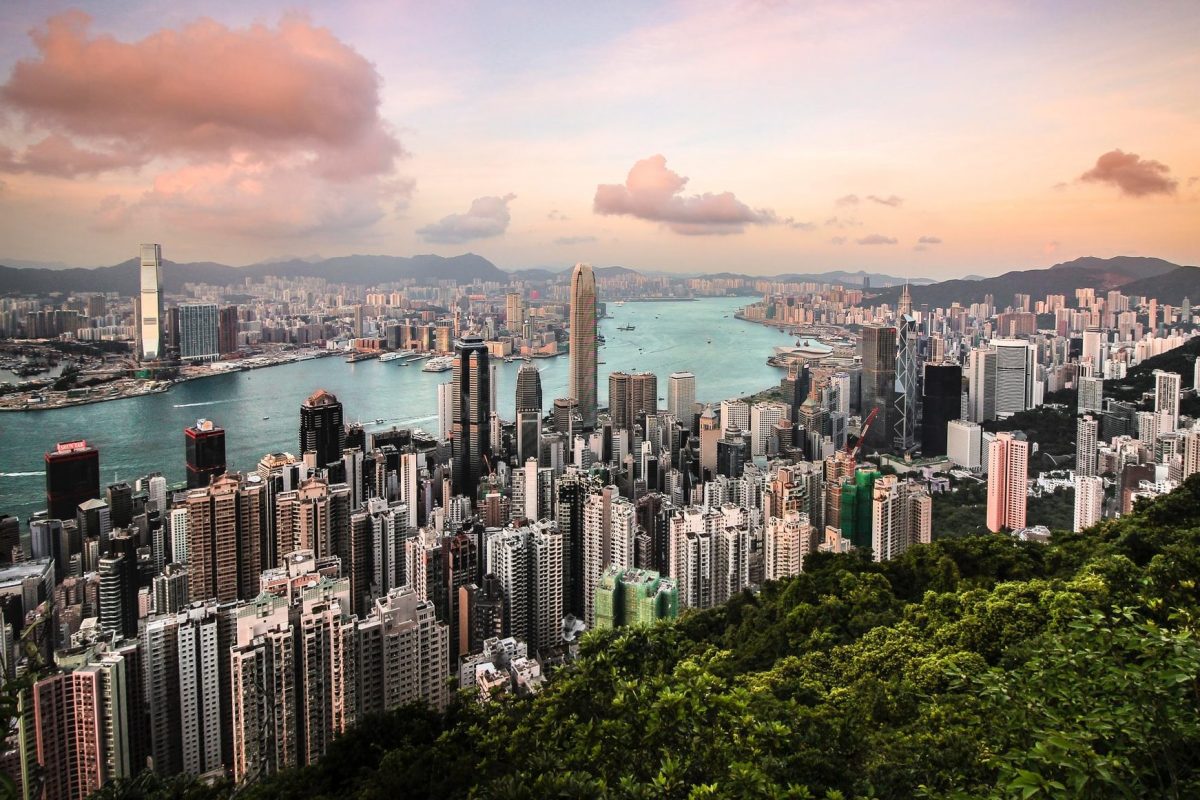Hong Kong to Lift Travel Ban for 9 Countries in April

Skift Take
Hong Kong will resume international flight operations from nine countries, including the U.S., UK, France, and India, from April 1. Hong Kong CEO Carrie Lam announced that the mandatory hotel quarantine period for incoming travelers would also be reduced from 14 to seven days.
Travelers are required to carry a negative nucleic acid test report to enter Hong Kong and would need to undergo a Covid test at the airport before proceeding for hotel quarantine. A PCR test would be conducted on day 5, if that tests negative, and all the rapid antigen tests show negative results, then travelers can choose to leave their hotel quarantine after seven days. However, a PCR test on day 12 is mandatory for all.
As the Omicron outbreak

